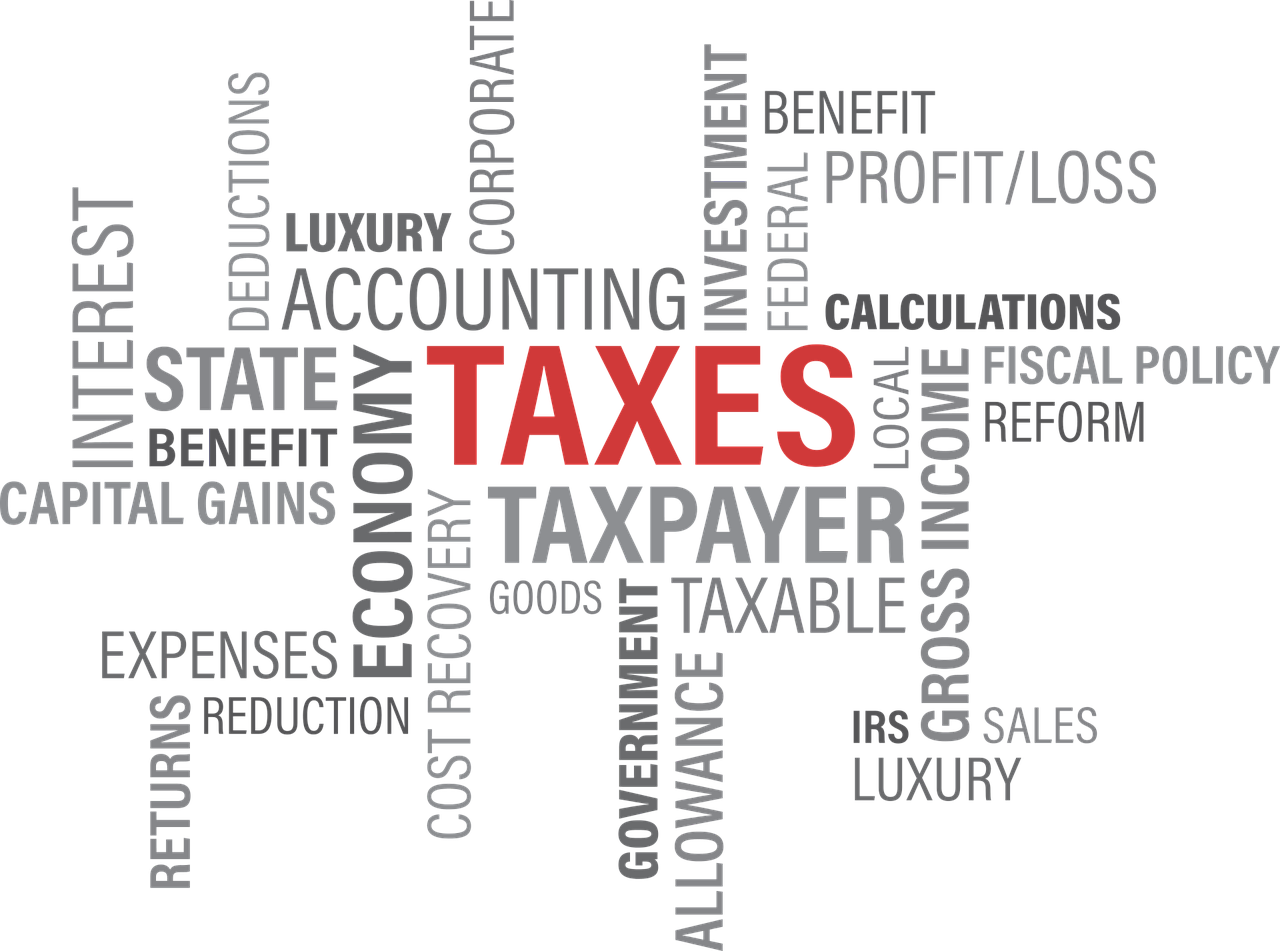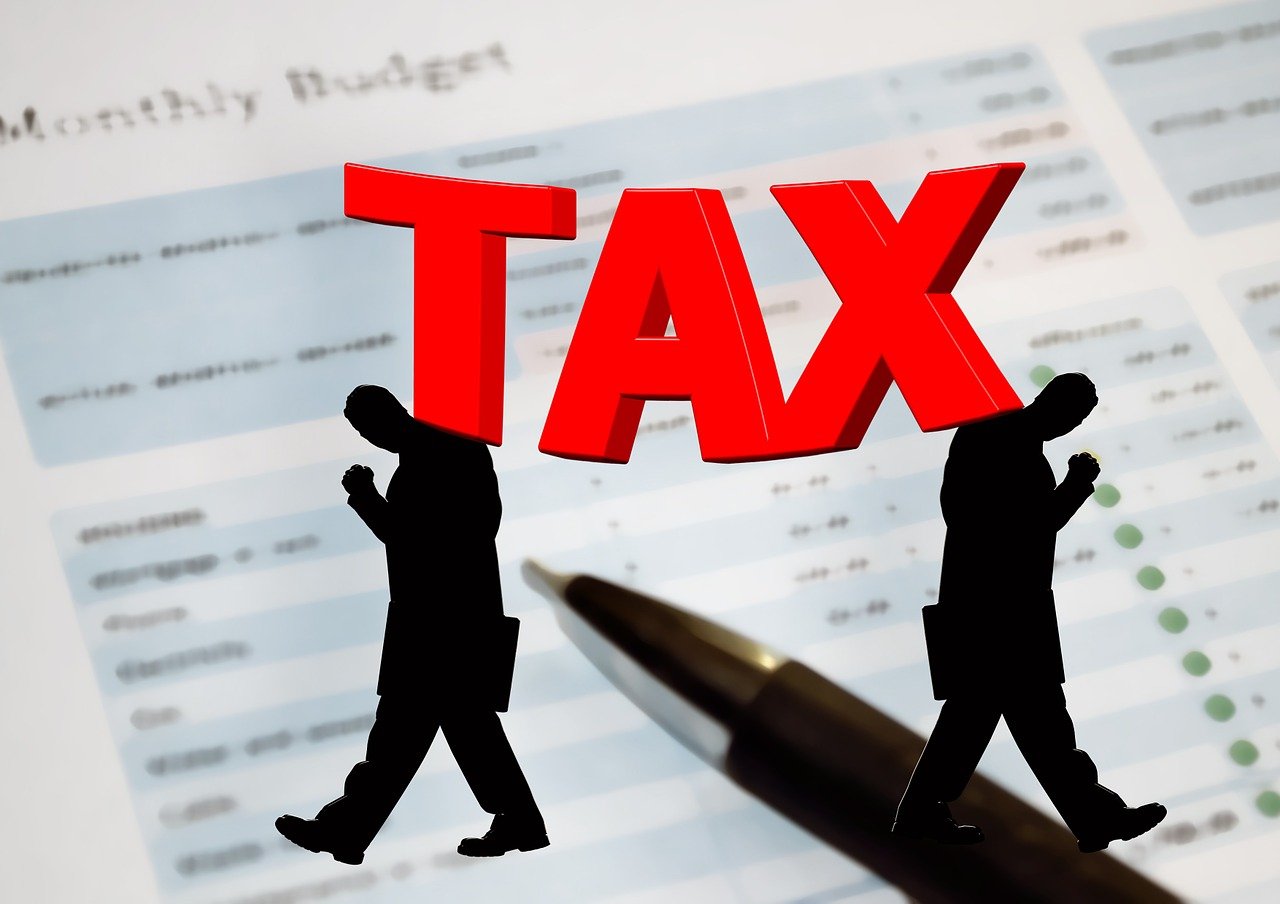Canadian Tax Laws in Victoria: A Comprehensive Guide for BC Residents
November 3, 2023 | by accountantsvictoria.ca

Welcome to our comprehensive guide on navigating Canadian tax laws in Victoria, British Columbia. This guide aims to provide Victoria residents with essential insights into tax regulations, deductions, and credits specific to the region. Whether you’re an individual taxpayer or a business owner, understanding the intricacies of Canadian tax laws is crucial for optimizing your tax returns and ensuring compliance. In this guide, we will demystify the complexities of the tax landscape in Victoria, BC, offering practical tips and resources to help you effectively manage your tax affairs.
1. Introduction to Canadian Tax Laws
Understanding the basics of Canadian tax laws is essential for all residents of Victoria, BC. The Canadian tax system is based on the principle of self-assessment, meaning that individuals are responsible for reporting their income and calculating their tax liabilities accurately. The Canada Revenue Agency (CRA) is the governing body responsible for administering and enforcing tax laws in the country.
Residents of Victoria, BC, are subject to both federal and provincial taxes. The federal tax rates are determined by the Income Tax Act, while the provincial tax rates are set by the British Columbia Ministry of Finance. It’s important to note that tax laws and rates may change annually, so it’s crucial to stay updated on any amendments that may affect your tax obligations.
2. Residency and Tax Obligations
Determining your residency status is the first step in understanding your tax obligations in Victoria, BC. The CRA considers you a resident of Canada if you have significant residential ties to the country, such as a home, a spouse or common-law partner, and dependents. Non-residents are only taxed on their Canadian-source income.
As a resident of Victoria, BC, you are required to report your worldwide income on your Canadian tax return. This includes income from employment, self-employment, investments, rental properties, and any other sources. Non-residents, on the other hand, are only taxed on their Canadian-source income, such as income from employment in Canada or rental income from Canadian properties.
3. Types of Taxes in Victoria, BC
Victoria residents are subject to various types of taxes, including income tax, property tax, sales tax, and more. Understanding the different tax types will help you navigate your tax obligations effectively. Let’s explore each type in more detail:
3.1 Income Tax
Income tax is one of the most significant taxes for individuals in Victoria, BC. It is calculated based on your taxable income, which includes employment income, self-employment income, investment income, and other sources of income. The federal and provincial governments have their own income tax rates and brackets.
3.2 Property Tax
Property tax is levied on the assessed value of properties in Victoria, BC. The tax revenue is used to fund local services and infrastructure. Property owners are responsible for paying property tax annually, and the amount is determined by the assessed value of the property and the municipal tax rate.
3.3 Sales Tax
In British Columbia, the provincial sales tax (PST) is applied to the purchase or lease of goods and services. Additionally, the Goods and Services Tax (GST) is a federal tax that applies to most goods and services in Canada. The combined tax rate of PST and GST is known as the Harmonized Sales Tax (HST) in some provinces.
3.4 Other Taxes
Other taxes that may apply to Victoria residents include carbon tax, tobacco tax, motor fuel tax, and employer health tax. These taxes are imposed to fund specific initiatives and regulate certain industries.
4. Income Tax Guidelines for Victoria Residents
Understanding the income tax guidelines specific to Victoria, BC, is crucial for accurate tax reporting and compliance. Here are some important guidelines to keep in mind:
4.1 Filing Deadlines
The deadline for filing your income tax return in Canada is April 30th of the following year. However, if you or your spouse are self-employed, the filing deadline is extended to June 15th. It’s important to note that any taxes owed must still be paid by April 30th to avoid penalties and interest.
4.2 Tax Brackets and Rates
The federal and provincial governments have their own tax brackets and rates. It’s essential to understand the applicable tax rates for your income level to calculate your tax liability accurately. The tax brackets and rates may change annually, so it’s crucial to consult the most recent tax guides provided by the CRA and the British Columbia Ministry of Finance.
4.3 Tax Credits and Deductions
Tax credits and deductions can help reduce your overall tax liability in Victoria, BC. Some common tax credits and deductions available to residents include:
- Basic Personal Amount: This is a non-refundable tax credit that reduces your taxable income.
- Medical Expenses: You may be eligible to claim medical expenses not covered by insurance.
- Charitable Donations: Donations to registered charities can be claimed as a tax credit.
- Education and Tuition Credits: Students may be eligible for tax credits related to education expenses.
- Homebuyer’s Amount: First-time homebuyers may qualify for this tax credit.
5. Tax Planning Strategies for BC Residents
Implementing effective tax planning strategies can help Victoria residents optimize their tax returns and minimize their tax liabilities. Here are some strategies to consider:
5.1 Retirement Savings Contributions
Contributing to registered retirement savings plans (RRSPs) can provide tax benefits. RRSP contributions are tax-deductible, meaning they reduce your taxable income and can lead to a lower tax bill.
5.2 Maximizing Tax Credits and Deductions
Take advantage of all available tax credits and deductions specific to Victoria, BC. Keep track of your expenses throughout the year and consult with a tax professional to ensure you’re claiming all eligible credits and deductions.
5.3 Capital Gains and Losses
Carefully consider the tax implications of capital gains and losses. If you have investments that have increased in value, selling them may trigger a taxable capital gain. Conversely, selling investments at a loss can help offset capital gains and reduce your tax liability.
5.4 Business Expenses
If you’re a business owner in Victoria, BC, ensure you’re properly tracking and documenting your business expenses. Deductible expenses can help reduce your taxable income and lower your overall tax liability.
6. Local Tax Deductions and Credits
Victoria residents may be eligible for various local tax deductions and credits. These deductions and credits are specific to the region and can help further reduce your tax liability. Some examples of local tax deductions and credits include:
6.1 Homeowner Grants
The British Columbia government offers homeowner grants to eligible homeowners to help offset property tax expenses. The grant amount is based on factors such as property value and residency status.
6.2 BC Climate Action Tax Credit
The BC Climate Action Tax Credit is a refundable tax credit designed to help low-income individuals and families with the carbon tax they pay. Eligible individuals and families can receive the credit annually.
6.3 BC Family Bonus
The BC Family Bonus is a tax-free, monthly payment to help low-income families with the cost of raising children. Eligibility is based on factors such as family income and the number of children in the household.
7. Tax Compliance for British Columbia Residents
Complying with tax regulations is essential for all residents of Victoria, BC. Failure to comply with tax laws can result in penalties, interest, and potential legal consequences. Here are some tips for ensuring tax compliance:
7.1 Keep Accurate Records
Maintain organized and accurate records of your income, expenses, and relevant documentation. This includes receipts, invoices, bank statements, and any other supporting documents related to your tax affairs.
7.2 File Your Taxes on Time
Ensure you meet the filing deadlines for your tax returns. Failing to file your tax return on time can result in penalties and interest charges. If you need more time to file, consider filing for an extension.
7.3 Report All Income
Report all sources of income, including employment income, rental income, investment income, and any other forms of income. Failure to report income accurately can result in penalties and potential audits.
7.4 Consult a Tax Professional
If you’re unsure about your tax obligations or have complex tax situations, it’s advisable to seek the guidance of a tax professional. They can provide expert advice and ensure you’re in compliance with all relevant tax laws.
8. Navigating Tax Rules for Business Owners
As a business owner in Victoria, BC, understanding the tax rules and regulations specific to your business is crucial. Here are some key considerations for navigating tax rules as a business owner:
8.1 Business Structures and Taxation
Choose the right business structure for your business, such as a sole proprietorship, partnership, or corporation. Each structure has different tax implications, and consulting with a tax professional can help you make an informed decision.
8.2 Deductible Business Expenses
Understand which expenses are deductible for your business. Keep track of all business-related expenses, including office rent, utilities, marketing costs, and employee salaries. Properly documenting and deducting these expenses can help reduce your taxable income.
8.3 Payroll Taxes and Employee Benefits
If you have employees, ensure you’re complying with payroll tax obligations, including remitting payroll deductions to the CRA. Additionally, consider offering employee benefits and understanding the tax implications associated with them.
9. Resources for Taxpayers in Victoria, BC
Victoria residents have access to various resources and tools to help them navigate Canadian tax laws effectively. Here are some helpful resources:
- Canada Revenue Agency (CRA): The CRA’s website provides a wealth of information on tax laws, forms, deadlines, and other resources.
- British Columbia Ministry of Finance: The Ministry’s website offers information on provincial tax regulations, rates, and credits specific to British Columbia.
- Local Tax Professionals: Consult with local tax professionals who specialize in Canadian tax laws and can provide personalized advice based on your unique circumstances.
10. Common Mistakes to Avoid
When navigating Canadian tax laws in Victoria, BC, it’s important to be aware of common mistakes that taxpayers often make. Avoiding these mistakes can help ensure accurate tax reporting and compliance. Here are some common mistakes to watch out for:
- Failing to report all sources of income accurately.
- Neglecting to claim eligible tax credits and deductions.
- Forgetting to file tax returns on time or seeking extensions when needed.
- Mishandling business expense documentation.
- Lack of tax planning and optimization strategies.
11. Seeking Professional Tax Advice
While this guide provides a comprehensive overview of Canadian tax laws in Victoria, BC, it’s important to note that individual tax situations can vary. If you have complex tax matters, significant investments, or unique circumstances, it’s highly recommended to speak with one of our professional tax accountants. They can provide personalized guidance and ensure you’re making the most of your tax planning strategies.
12. Conclusion
Navigating Canadian tax laws in Victoria, BC, requires a solid understanding of the tax regulations, deductions, and credits specific to the region. By familiarizing yourself with the guidelines outlined in this comprehensive guide, you can make informed financial decisions, optimize your tax returns, and ensure compliance with Canadian tax laws. Remember to stay updated on any changes to tax laws and seek professional tax advice when needed. With the right knowledge and resources, you can successfully navigate the complexities of the tax landscape in Victoria, BC.
RELATED POSTS
View all


